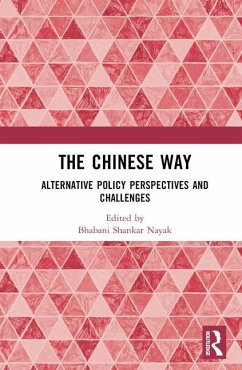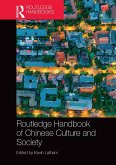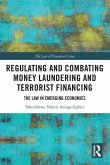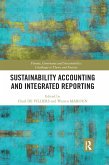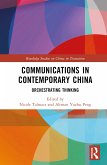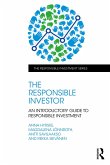This volume seeks to develop new narratives on China's alternative policy and challenges policy makers on gender, regional, income and wage inequalities among rural migrant workers in China.
The book also looks at China's social, environmental, economic and governance policies aimed at implementing a sustainable financial and corporate system for a prosperous society. The argument that China follows 'capitalism or socialism with Chinese characteristics' emanates from the Eurocentric ideological narratives based on 'varieties of capitalism' and 'national socialism'. This book attempts to move away from the duality of ideological criticism and dichotomous defence of China based on the ideological prisms of capitalism or socialism. It rejects the flawed analysis of both sides of the ideological divide. For all its limitations within the world capitalist system, China's achievements can't be undermined. The attempt to undermine Chinese achievements is a process anda strategy to delegitimise the Chinese state, the Communist Party of China, the Chinese success story, and to hide the available alternatives from the experience of The Chinese Way.
The book will be a great read to students, researchers and scholars of Chinese studies, political economy, development studies and those interested in China's economic and public policies in general.
The book also looks at China's social, environmental, economic and governance policies aimed at implementing a sustainable financial and corporate system for a prosperous society. The argument that China follows 'capitalism or socialism with Chinese characteristics' emanates from the Eurocentric ideological narratives based on 'varieties of capitalism' and 'national socialism'. This book attempts to move away from the duality of ideological criticism and dichotomous defence of China based on the ideological prisms of capitalism or socialism. It rejects the flawed analysis of both sides of the ideological divide. For all its limitations within the world capitalist system, China's achievements can't be undermined. The attempt to undermine Chinese achievements is a process anda strategy to delegitimise the Chinese state, the Communist Party of China, the Chinese success story, and to hide the available alternatives from the experience of The Chinese Way.
The book will be a great read to students, researchers and scholars of Chinese studies, political economy, development studies and those interested in China's economic and public policies in general.

